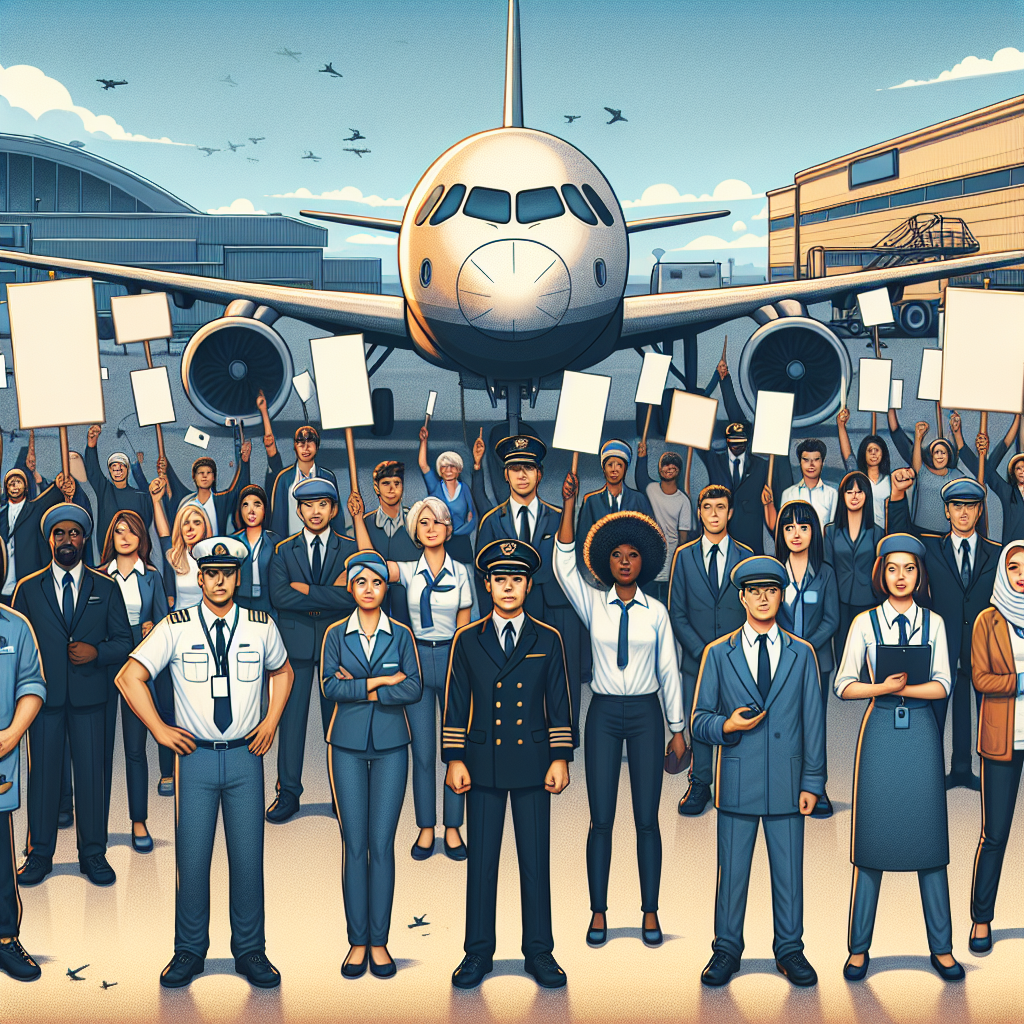Sky-High Standoff: Air Canada's Strike Turbulence
Air Canada flight attendants remained on strike despite a government-backed labor board's order to return to work. The Canadian Union of Public Employees opposed the order as unconstitutional. The strike has caused significant operational delays for Air Canada, stranding thousands of passengers. The government may intervene through legislation or enforce the CIRB order.

Air Canada flight attendants defied a government-backed order to end their strike, leaving the airline's operations in disarray with substantial delays and passenger inconvenience. The Canadian Union of Public Employees called the order unconstitutional, urging Air Canada back to negotiations.
The Canadian government, led by Prime Minister Mark Carney, involved the Canada Industrial Relations Board to impose binding arbitration, aiming to protect economic interests. Despite this, the union resisted, raising constitutional concerns.
The strike paralyzed Air Canada, grounding flights and stranding over 100,000 passengers. The government's response options include legal enforcement, expedited hearings, or passing new legislation. Meanwhile, unresolved labor disputes threaten sustained disruption in Canadian aviation.
(With inputs from agencies.)










